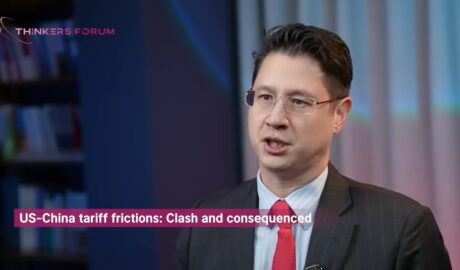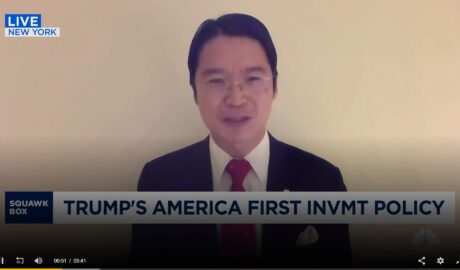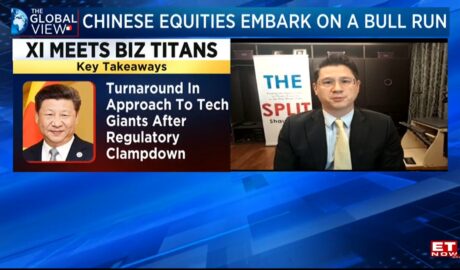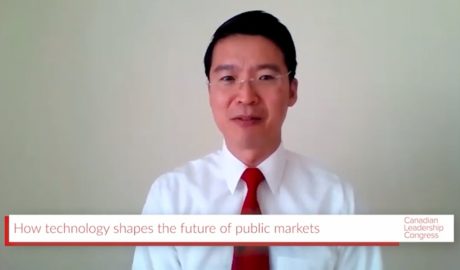US companies should compete with DeepSeek and other IT firms, not get them sanctioned – Shaun Rein
US IT firms are wrongly pushing President Donald Trump to sanction winning Chinese companies like DeepSeek instead of trying to compete on a level playing field, says Shanghai-based business analyst Shaun Rein at the Thinkers Forum. Sanctions and tariffs are shooing the US in the foot as China develops its own industries instead of buying it in the US.Read More →












